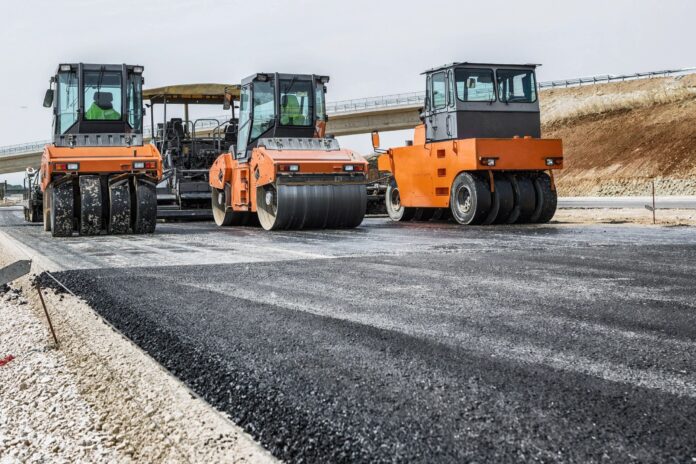The differences between a public company and our municipal government are things that I, alongside most other residents, hardly think about as we go through our lives.
One big difference revolves around the higher-level fiduciary duty of a Town Supervisor to protect Town assets, which the residents’ taxes pay for. Having been a Town Supervisor gave me a deep understanding of these fiduciary duties and responsibilities.
In publicly traded companies, there is normally a board of trustees whom the stockholders elect. Without getting into how the candidates for the board are selected, the first duty of the board members is to maximize the value of the company for the benefit of the stockholders. The board’s performance is judged daily as reflected in the company’s stock price.
In the municipal setting, residents do not have that same ability to judge the board’s performance daily. While residents have the opportunity to attend each Town Board meeting (and unfortunately few ever do), there is but one opportunity in the spring of each year for residents to express their judgement on the Town Board’s performance. It is this fact that raises the level of fiduciary duty and responsibility that a Town Supervisor has to the residents.
Unlike owing stock in a publicly traded company – where stockholders need only to sell their stock if they deem the company’s board was not acting in their best interest – residents cannot simply pick up and move if they deem that the direction of the Town Board is not in the best interest of the residents. In effect, the residents are captive to the Town Board, at least until the next election, except for expressing themselves at a Town Board meeting.
When we think of a fiduciary, we normally think of financial assets. The Town of Grand Chute, however, owns assets in many forms: funds maintained in financial assets, but also hard assets such as fire equipment, buildings, stormwater ponds, sewers, roads, etc. To all of these assets in total, a Town Supervisor has a fiduciary duty and responsibility. That is to say, the care taken to maintain and protect financial assets also extends to the hard assets.
Depending upon the nature of the asset, funds may be required to be accumulated for the maintenance of the asset in order for the asset to continue to serve the residents. As an example, the Town of Grand Chute has many stormwater ponds that require periodic maintenance and upgrading, and funds for doing so have been accumulated in the account for the stormwater district. It is no different for roads … except that prior Town Boards have not exercised their fiduciary duty to see that the funds for roads were accumulated as the roads were used by residents.
When I served on the Town Board, and still today, it is a basic principle for me that a Town Supervisor has the highest level of fiduciary duty and responsibility to the residents of the Town to safeguard and maintain all of the Town assets. Those assets have been entrusted to the Board, and the residents should not expect or settle for anything less.


